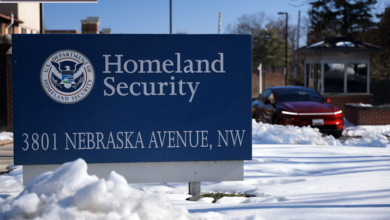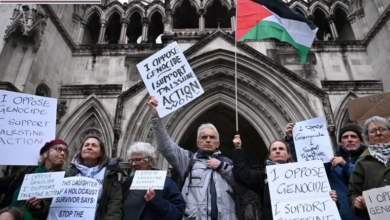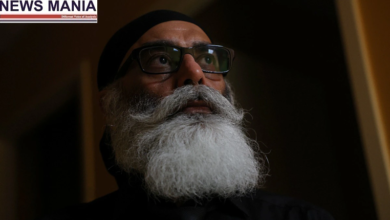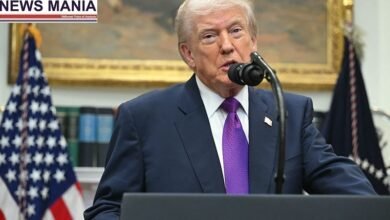Civilians return to south Lebanon as the Israel-Hezbollah ceasefire goes into force.
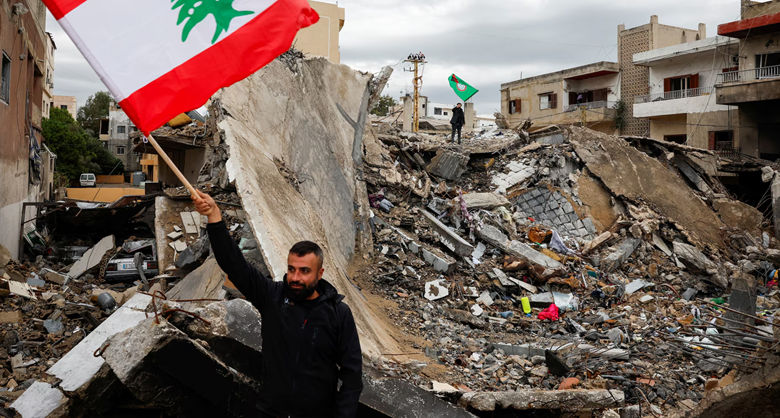
News Mania Desk / Piyal Chatterjee / 27th November 2024
In a rare diplomatic win in a region rocked by two wars for more than a year, a truce between Israel and Iran-backed Hezbollah went into force on Wednesday after both parties agreed to a deal mediated by the United States and France. In a statement released on Wednesday, the army of Lebanon, which is responsible for assisting in maintaining the truce, stated that it was getting ready to move to the southern part of the nation.
The military also asked that residents of border villages delay returning home until the Israeli military, which has waged war against Hezbollah on several occasions and pushed around six km (4 miles) into Lebanese territory, withdraws.
The agreement, which promises to end a conflict across the Israeli-Lebanese border that has killed thousands of people since it was ignited by the Gaza war last year, is a major achievement for U.S.-led diplomacy in the waning days of President Joe Biden’s administration.
Biden stated that normalizing relations between Saudi Arabia and Israel was a possibility and that his government was also working toward an illusive truce in Gaza. After the ceasefire went into force at 0200 GMT, bursts of gunfire could be heard throughout Beirut, the capital of Lebanon. Gunfire had also been used to warn people who could have missed evacuation warnings from Israel’s military, so it was unclear at first if the shooting was celebratory.
Biden stated that normalizing relations between Saudi Arabia and Israel was a possibility and that his government was also working toward an illusive truce in Gaza. After the ceasefire went into force at 0200 GMT, bursts of gunfire could be heard throughout Beirut, the capital of Lebanon. Gunfire had also been used to warn people who could have missed evacuation warnings from Israel’s military, so it was unclear at first if the shooting was celebratory.Reuters witnesses said that following the ceasefire, a steady stream of vehicles carrying residents who had been displaced from southern Lebanon by Israeli strikes in recent months started returning to the region. Other families holding Hezbollah flags were seen making their way back to Beirut’s bombed-out southern neighborhoods.
Biden spoke at the White House on Tuesday shortly after Israel’s security cabinet approved the agreement in a 10-1 vote. He said he had spoken to Israeli Prime Minister Benjamin Netanyahu and Lebanon’s caretaker Prime Minister Najib Mikati, and that fighting would end at 4 a.m. local time (0200 GMT).
“This is designed to be a permanent cessation of hostilities,” Biden said. “What is left of Hezbollah and other terrorist organizations will not be allowed to threaten the security of Israel again.”
Israel will gradually withdraw its forces over 60 days as Lebanon’s army takes control of territory near its border with Israel to ensure that Hezbollah does not rebuild its infrastructure there, Biden said.
“Civilians on both sides will soon be able to safely return to their communities,” he said.
Senior leader Hassan Fadlallah told Lebanon’s Al Jadeed TV that although Hezbollah welcomed the extension of the Lebanese state’s power, the group will come out of the battle stronger. Hezbollah has not openly commented on the truce. Fadlallah, who is also a member of the parliament of Lebanon, stated, “Thousands will join the resistance… Disarming the resistance was an Israeli proposal that fell through.” The ceasefire was welcomed by Iran, which supports Hezbollah, Hamas, and the Houthi rebels who have attacked Israel from Yemen.
French President Emmanuel Macron said on social-media platform X the deal was “the culmination of efforts undertaken for many months with the Israeli and Lebanese authorities, in close collaboration with the United States.”
“In full coordination with the United States, we retain complete military freedom of action. Should Hezbollah violate the agreement or attempt to rearm, we will strike decisively,” Netanyahu said. Hezbollah, which is allied to Hamas, was considerably weaker than it had been at the start of the conflict, he added. “We have set it back decades, eliminated … its top leaders, destroyed most of its rockets and missiles, neutralized thousands of fighters, and obliterated years of terror infrastructure near our border,” he said.
The United States and France would join a structure with the UNIFIL peacekeeping force that would cooperate with Lebanon’s army to discourage possible breaches of the truce, a senior U.S. official told reporters on condition of anonymity. According to the official, there will be no deployment of U.S. combat forces. Health officials said that at least 18 people had been killed in Israel’s campaign of airstrikes in Beirut and other regions of Lebanon in the hours before the ceasefire. A money-exchange office was among the “components of Hezbollah’s financial management and systems” that the Israeli military claimed to have hit. In the last hours, Hezbollah continued to fire rockets into Israel.
Opposition leaders and town chiefs in Israel who support a depopulated buffer zone on Lebanon’s side of the border are among those who oppose the agreement. Hezbollah and the Lebanese government have both maintained that a fundamental component of the truce is the repatriation of displaced residents to southern Lebanon. A right-wing member of Netanyahu’s administration, Israeli Security Minister Itamar Ben-Gvir, stated on X that the Lebanese army was incapable of defeating Hezbollah and that the deal did not guarantee that Israelis would return to their homes in the country’s north.



